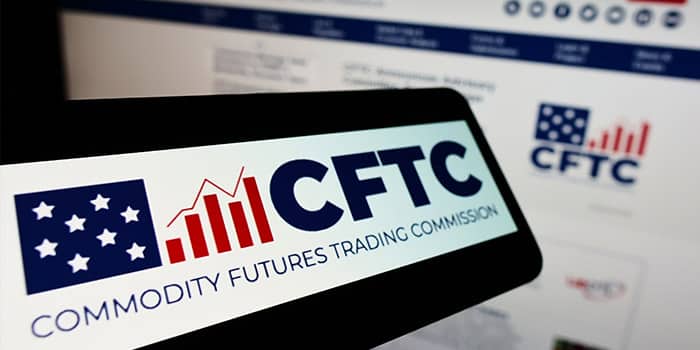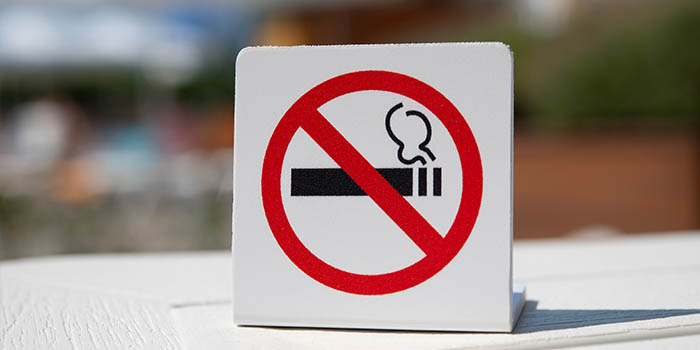- Casino
- By State
- Alabama
- Alaska
- Arizona
- Arkansas
- California
- Colorado
- Connecticut
- Delaware
- Georgia
- Florida
- Hawaii
- Idaho
- Illinois
- Indiana
- Iowa
- Kansas
- Kentucky
- Louisiana
- Maine
- Massachusetts
- Maryland
- Michigan
- Minnesota
- Mississippi
- Missouri
- Montana
- Nebraska
- Nevada
- New Hampshire
- New Jersey
- New Mexico
- New York
- North Carolina
- North Dakota
- Ohio
- Oklahoma
- Oregon
- Pennsylvania
- Rhode Island
- South Carolina
- South Dakota
- Tennessee
- Texas
- Utah
- Vermont
- Virginia
- Washington
- West Virginia
- Wisconsin
- Wyoming
- By State
- Slots
- Poker
- Sports
- Esports
Bill Proposes to Restrict Online Sports Betting Ads in Kansas
The new proposal seeks to protect children and people affected by problem gambling

Kansas, a state with a population of nearly 3 million people, was among the US states that legalized sports betting back in 2022. After legislation was passed, legalizing the activity in May, on September 1, 2022, the state officially launched its retail and online sports betting market. Now, less than two years after the launch, a new proposal seeks to reduce the advertising of sports wagering in an effort to protect vulnerable groups and minors from being exposed to gambling.
The proposal, Senate Bill 432 (SB 432), is sponsored by Sen. Cindy Holscher and Sen. Virgil Peck. It calls to restrict the advertising of sports betting via the internet. SB 432 proposes new rules to be implemented for advertising wagering activities starting from January 1, 2025. Effectively, the bill seeks to protect people suffering from gambling addiction or at-risk gambling, as well as minors from seeing betting advertisements online.
Under the bill, betting ads must not target vulnerable groups, including those affected by gambling addiction or children. SB 432 also prohibits “false, misleading or deceptive advertisements,” and requires the provision of a toll-free number providing information and referral services for people suffering from problem or compulsive gambling.
Currently, to participate in sports betting in Kansas residents must be 21 or older. The state taxes wagering 10% on sports betting revenue and some 2% of the taxes are dedicated to fighting gambling addiction via the state’s Problem Gambling and Addiction Grant Fund.
“No advertisements for sports wagering shall be published, broadcast or otherwise presented through any internet website, other online medium or electronic device application, except such advertisements may be published as part of the content offered by an interactive sports wagering platform that has been affirmatively accessed by an individual holding an account with such platform,“
reads SB 432
If the Bill Is Approved, Changes Will Come Into Effect in 2025
The aforementioned bill was introduced on January 31, 2024. Subsequently, the proposal was referred to the Committee on Federal and State Affairs on Thursday, February 1, 2024. While SB 432 seeks to change advertising of sports betting in the state, the overhaul of the regulations won’t be imminent.
As noted, the new rules, if the bill is approved, will be implemented at the start of next year. Still, the proposal won’t impact published advertisements, marketing content or contracts signed by July 1, 2024.
Now, it is up to the lawmakers in Kansas to decide whether or not the new proposal would gain further traction.
Related Topics:
William Velichkov is a research-driven writer. His strengths lie in ensuring factual accuracy, vetting government documentation and reaching out to regulators and other officials. He is particularly fond of financial reporting, the sports betting industry, B2B partnerships and esports betting developments. William is a strong asset to the Gambling News team as he adds a bedrock to our reporting.
Must Read
Industry
April 15, 2025
Brazil Weighs Stricter Rules on Gambling Advertising
More Articles




Casino
April 18, 2025
Florida HB Seeking to Upgrade Illegal Gambling Punishments

Legal
April 17, 2025
Appeal to Keep Evolution’s Accuser Anonymous Denied

Lottery
April 17, 2025
CTLC Says Its Members Didn’t Violate the Texas Law














